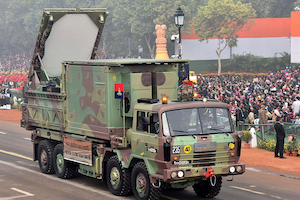Fighting in Nagorno-Karabakh Rages Despite Ceasefires
By Emil A. Souleimanov and Huseyn Aliyev
October 22, 2020, the CACI Analyst
The ongoing conflict in Nagorno-Karabakh saw a number of dramatic developments over the past couple of weeks. Most notably, Azerbaijani forces proved able to breach through Armenian defenses in the south, resulting in Azerbaijan’s rapid advance into both the Nagorno-Karabakh region and adjacent Armenian-controlled territories in the “buffer zone.” This battlefield transformation will likely affect the balance of power on the ground and influence Baku’s willingness and Yerevan’s capacity to negotiate a peaceful settlement. Recent developments on the frontlines will also affect Russia’s and Turkey’s positions and roles in the conflict and the South Caucasus.
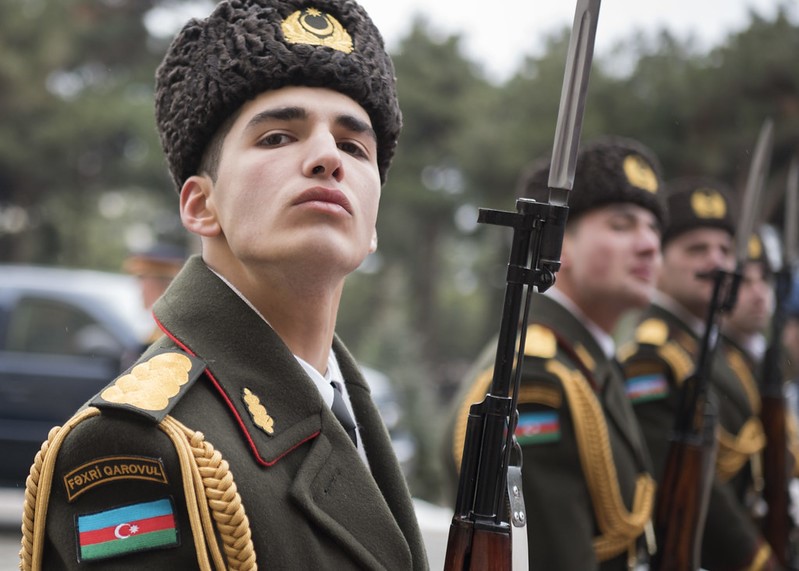
Cross-Border Escalation between Armenia and Azerbaijan
By Natalia Konarzewska
September 25, 2020, the CACI Analyst
On July 12, clashes broke out between the armed forces of Armenia and Azerbaijan along the northern section of their internationally recognized border. The skirmishes receded after July 16 but armed incidents at the border still occurred throughout July and August. The July confrontation, resulting in over a dozen military and civilian deaths and the destruction of infrastructure on both sides of the border, is regarded as the most serious since the Four Day War between Armenia and Azerbaijan in April 2016. The conflict also sparked unprecedented interethnic clashes between Armenian and Azerbaijani diasporas across the world.
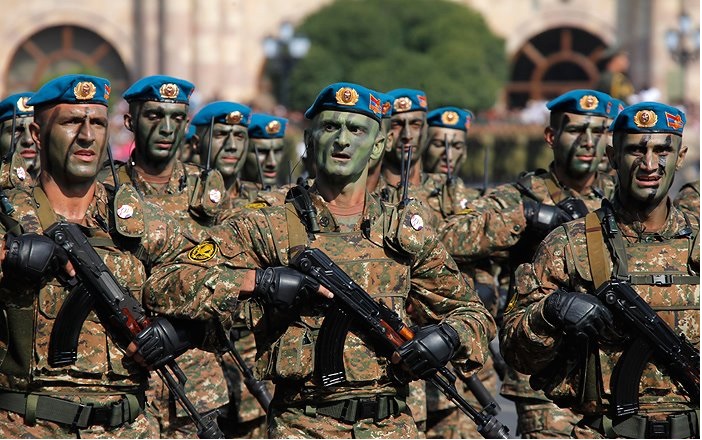
Expanding Armenia - Israel Relations: Implications for Iran’s Foreign Policy in the South Caucasus
By Vali Kaleji
September 10, 2020, the CACI Analyst
Close bilateral ties between Iran and Armenia have been overshadowed by sudden expansion of Yerevan-Tel Aviv links. Tehran views Israel as a "third factor" playing a negative role in Iranian relations with its neighbors including Armenia, and threatening security and stability throughout the South Caucasus. Armenian officals mantain that the decision made by Yerevan was known to Tehran at the outset, and the boosting of Yerevan-Tel Aviv ties is not directly against others, including Iran.
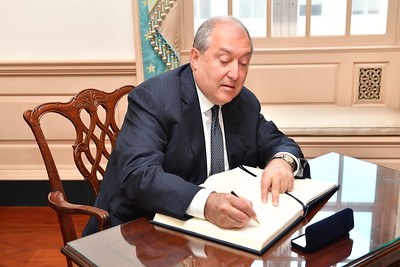
Russia and Turkey: Behind the Armenia-Azerbaijan Clashes?
By Avinoam Idan
August 31, 2020, the CACI Analyst
The violent gunfire that erupted between Armenia and Azerbaijan in July appears to have no connection with the ongoing conflict over the Nagorno-Karabakh region. This event took place far from Nagorno-Karabakh, in the Tovuz region. The strategic importance of the Tovuz region is its location on the energy export pipelines route from the Caspian Sea to Turkey and Western markets. It would seem that the players involved here are none other than Russia and Turkey, in active conflict vis-a-vis the war in Libya. The gunfire can be interpreted as a Russian message to Turkey, regarding its energy supply security from the Caspian Sea. If so, this is not the first time Russia has used Armenia to further its interests in the region.
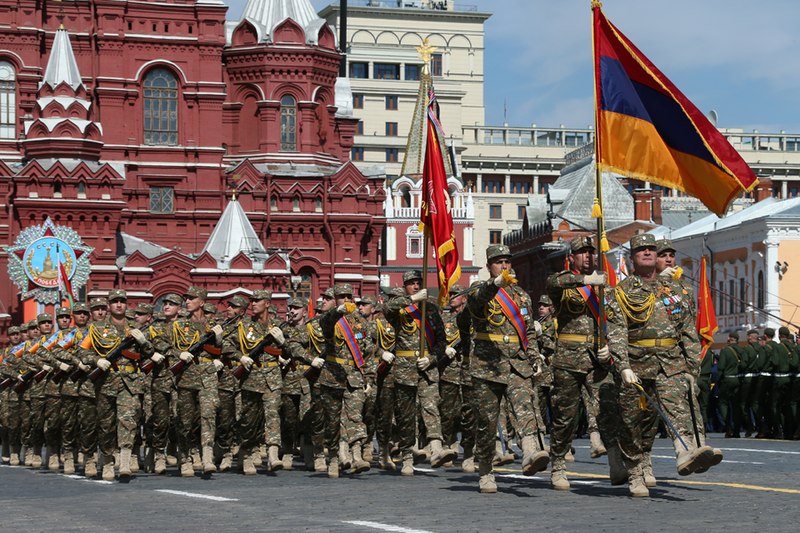
India Wins Defense Deal with Armenia
By Fuad Shahbazov
June 1, 2020, the CACI Analyst
On March 1, 2020, India outperformed Russia and Poland in a US$ 40 million defense deal with Armenia to supply it with four domestically made SWATHI counter-battery radars. The system is developed by India’s Defence Research and Development Organization (DRDO) and manufactured by Bharat Electronics Limited (BEL). It provides accurate information on enemy artillery firing positions weapons up to 75 kilometers away. The decision came amid India’s growing efforts to boost its national “Make in India” brand in the defense industry sector, which could make new inroads into European, Middle Eastern and Asian defense markets. However, the new Indian – Armenian defense deal could undermine Delhi’s relations with Russia on the one hand, and Azerbaijan, Turkey and Pakistan on the other.
